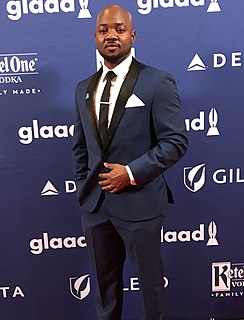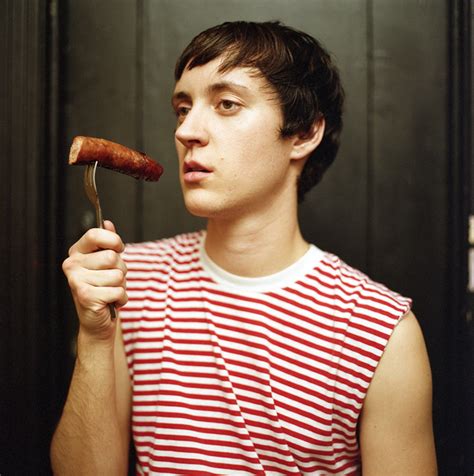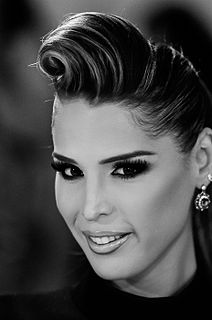A Quote by Brian Michael Smith
If people want to see more representation of trans people you just have to look around, because with the explosion of digital creation, lots of trans actors and film makers have been creating their own content and it's readily available.
Related Quotes
One particular debate that I have seen play out again and again is whether trans people who have more traditional gender expressions or who "pass" more should be the ones who are represented. A recent advocacy guide focused on advocating around trans health care access produced by the largest trans advocacy organization in the US instructs readers that advocacy will be more successful if the message is delivered by people who pass as non-trans men and women.
Many in the trans community are fed up with L.G.B.T. organizations that continue to erase trans identity or just give lip service to trans issues. We need our cisgender allies - gay and straight - to treat transgender lives as if they matter, and trans people need multiple seats at the tables in the organizations that say they're interested in L.G.B.T. equality; this absence has been painful since Stonewall.
I think it's really important to champion stories from trans women and trans women of color. That demographic has gone unheard and unsupported for so long, and it's really the community that's struck the hardest by a lot of issues. I try to do a lot of work to champion trans feminine issues and stories, but that said, I do have a personal and deep investment in seeing trans masculine stories reflected in culture. It is a little disappointing to me that trans men and trans masculine people have not really been part of this media movement that we're experiencing right now.
I am transgender, so 'he' is not appropriate and 'she' is problematic. I haven't been one to wage war with society to force people to address me a certain way. I let people make that decision for themselves. I don't identify as a man, so 'he' is silly in a way. Being called 'she' as a trans person, trans in the sense that I'm trans, is to be honoured in an aspect of yourself.


























